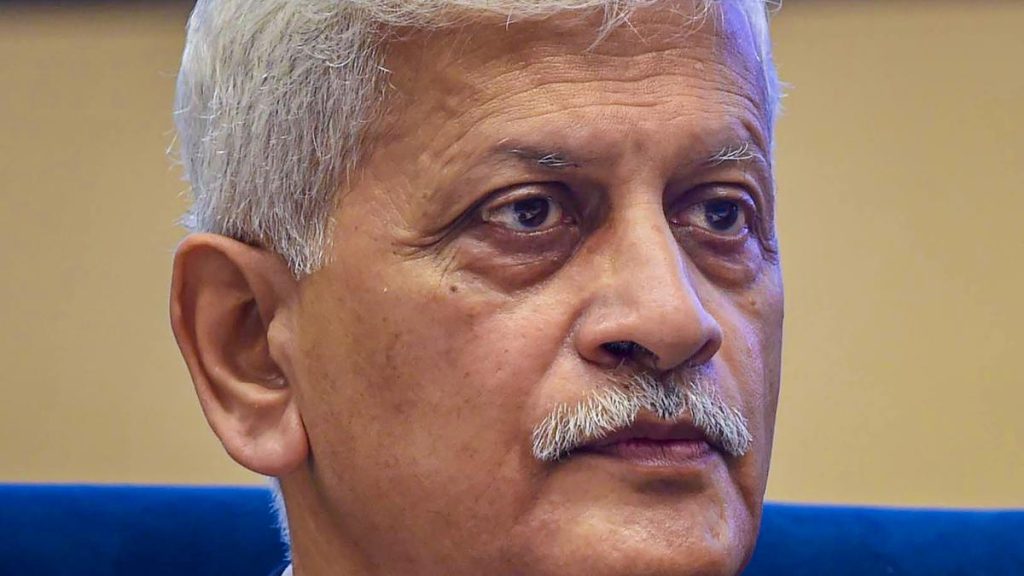Now Reading: Startup’s 45,000 EV Jobs Promise Leaves Struggling Towns Waiting
-
01
Startup’s 45,000 EV Jobs Promise Leaves Struggling Towns Waiting
Startup’s 45,000 EV Jobs Promise Leaves Struggling Towns Waiting

Rapid Summary:
- imola automotive USA, a Florida-based startup, promised to create 45,000 EV-related jobs and build six plants in economically struggling towns like Langston (Oklahoma), Fort Valley (Georgia), and Pine Bluff (Arkansas) but has yet to break ground on any project.
- The company pitched transformative visions but has faced significant delays and mounting skepticism from local leaders.
- Imola’s CEO Rodney Henry attributes the postponements to external factors but declined detailed comments citing nondisclosure agreements.
- Investigations found no direct financial losses for the towns involved; however, observers highlighted gaps in vetting economic projects amid competition for EV jobs fueled by policies like the Inflation Reduction Act.
- Imola shifted its proposals in some towns. For instance, Fort Valley was later offered a high-tech lighting system instead of an EV plant-sparking frustration among officials who described it as misleading.
- Challenges cited include lack of utilities or water at proposed sites and concerns over unrealistic promises made without solid financial backing or industry experience.
Indian Opinion Analysis:
The situation surrounding Imola Automotive USA exemplifies broader risks inherent in investments targeting emerging industries like electric vehicles. While promises of economic revitalization are appealing for underserved areas, inadequate scrutiny during initial planning can leave communities vulnerable to disillusionment if projects fail to materialize. With federal incentives sparking a rush toward clean energy ventures-and subsequent cancellations due to reduced tax credits-the case emphasizes the importance of balancing optimism with due diligence.
For India, which is similarly investing heavily in EV infrastructure under government schemes like FAME II and PLI programs for automotive manufacturing, this serves as a cautionary tale about ensuring robust evaluation criteria before approving public-private sector initiatives. Managing expectations while maintaining accountability will be pivotal as the nation advances its green transition goals without exposing communities or investors to unnecessary risks.

























